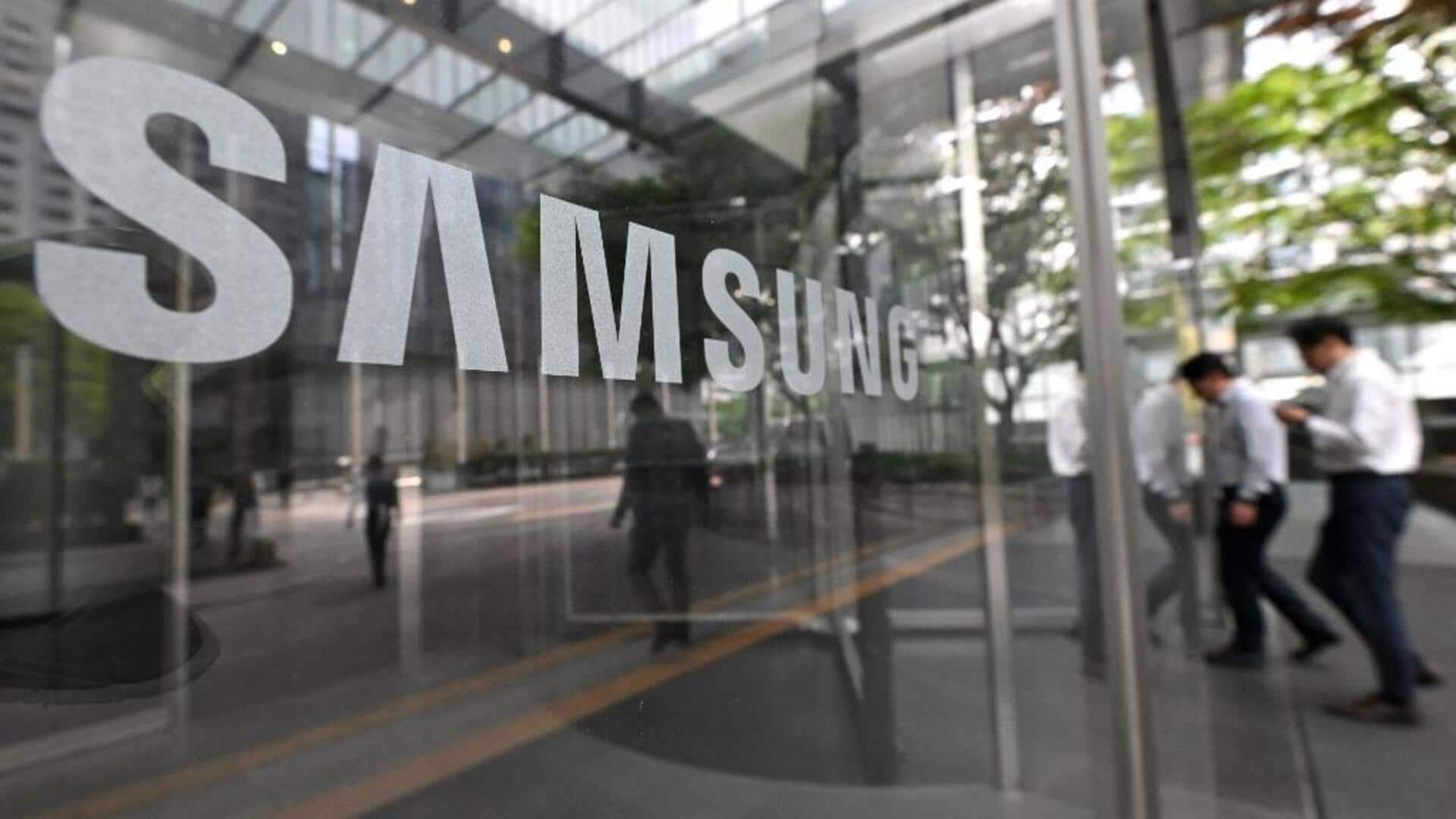
Samsung workers strike for the first time in company's history
What's the story
In a historic first, employees at South Korean tech behemoth Samsung initiated a strike on Friday. The majority of the participants were from the company's chip division, which is currently striving to regain its competitive edge in the memory chip business. This sector is crucial for advanced artificial intelligence systems that are reshaping global technology rivalries. The strike was strategically timed to coincide with a national holiday and weekend, minimizing impact on manufacturing output.
Wage disputes
Failed negotiations lead to Samsung's first-ever strike
The strike was triggered by unsuccessful negotiations over wage increases and bonuses, according to union representatives. Lee Hyun Kuk, vice president of the Nationwide Samsung Electronics Union, stated that "the company doesn't value the union as a negotiating partner." This union represents about 28,000 members or one-fifth of Samsung's global workforce. In April, nearly 75% of these members voted in favor of a strike.
Business impact
Samsung's chip business faces challenges amidst labor strike
The strike comes at a challenging time for Samsung, which is working to reassure clients and investors about its chip business amidst the artificial intelligence boom. Despite being the world's largest maker of memory chips, Samsung reported about $1.4 billion in profit from its chip division in Q1 2024 following four consecutive quarters of losses. The company ended last year with its weakest earnings in over a decade.
Labor rights
Samsung's historic resistance to unionization challenged
The strike holds historical significance as Samsung has resisted unionization for nearly 50 years. "There is a gradual tendency toward empowerment of labor in South Korea," said Vladimir Tikhonov, professor of Korean Studies at the University of Oslo. The first labor union at Samsung Electronics was formed in the late 2010s and despite an apology from Lee Jae-yong, the company's then-vice-chairman, in 2020 for past labor issues, the word "strike" has been a "taboo word" at the tech giant.
Market competition
Samsung's market position threatened by local rival SK Hynix
As the year began, local competitor SK Hynix claimed the top spot in the market for next-generation high-bandwidth memory chips just as demand surged. Analysts suggest that SK Hynix anticipated this demand earlier than Samsung. The strike, involving headquarters employees and not production line workers, was not expected to cause any shipment shortages or impact DRAM and NAND Flash production, according to Taiwan-based market research firm TrendForce.